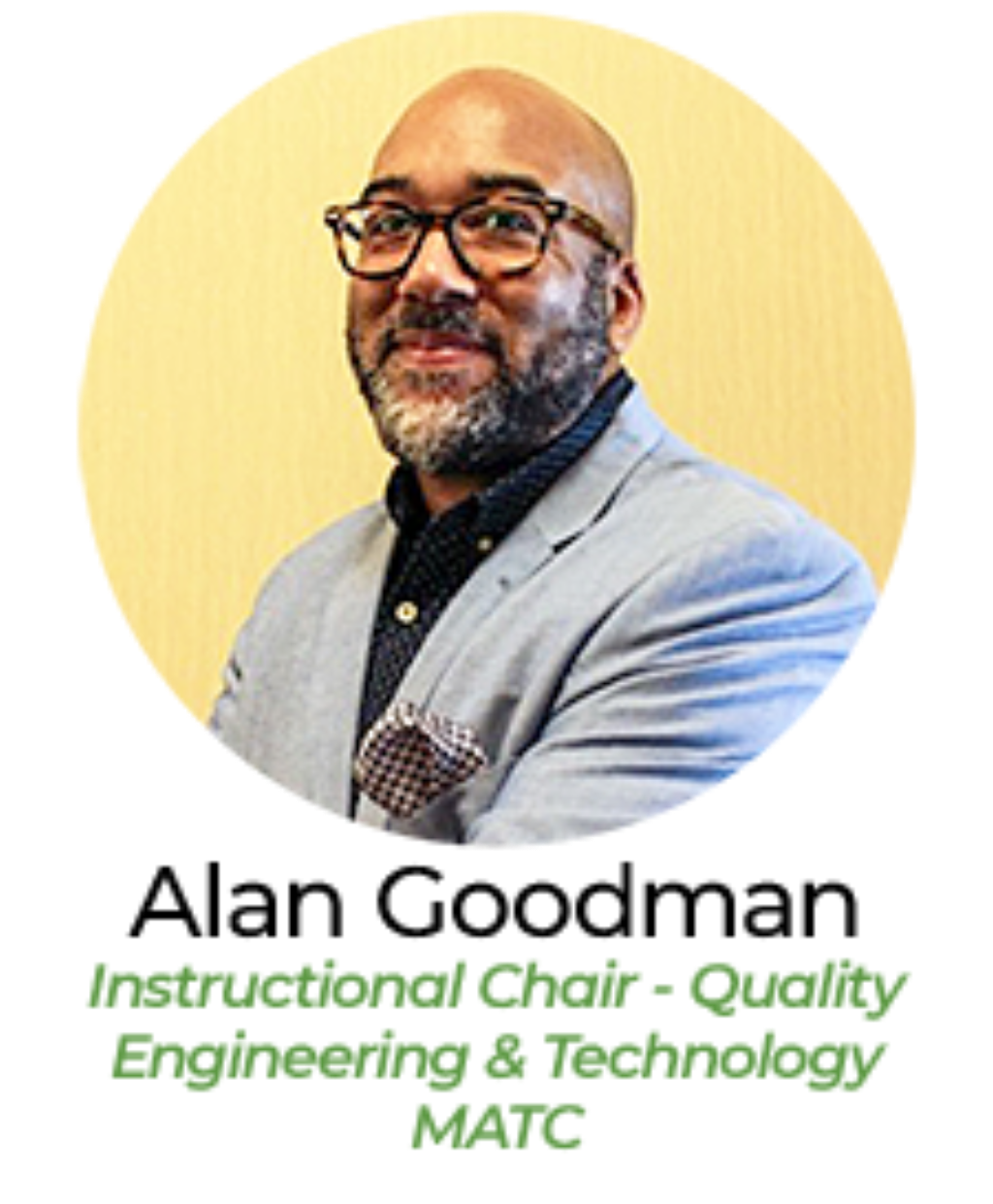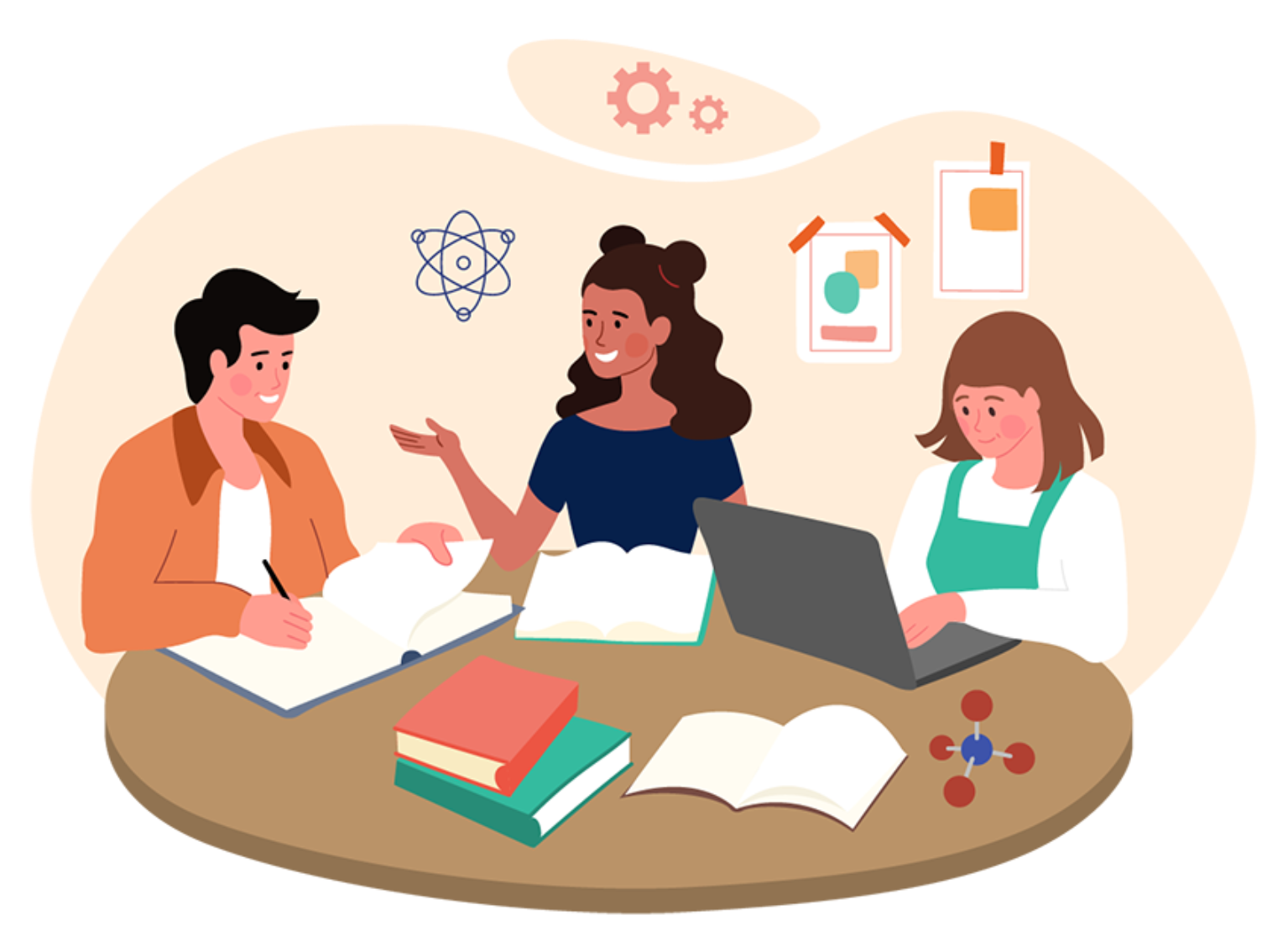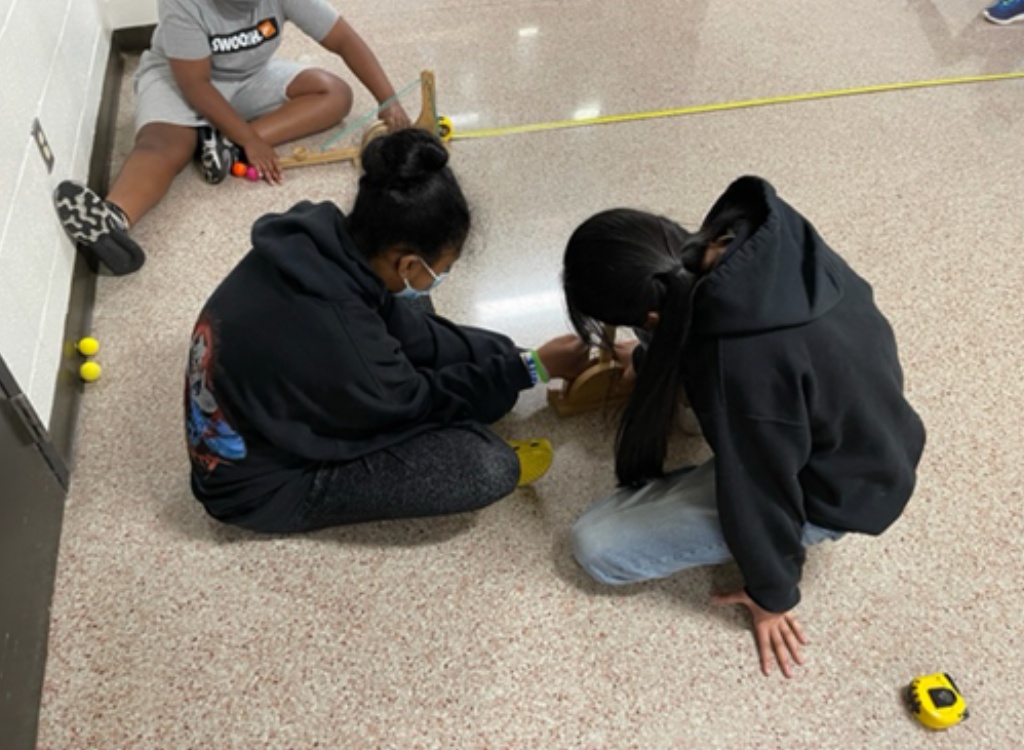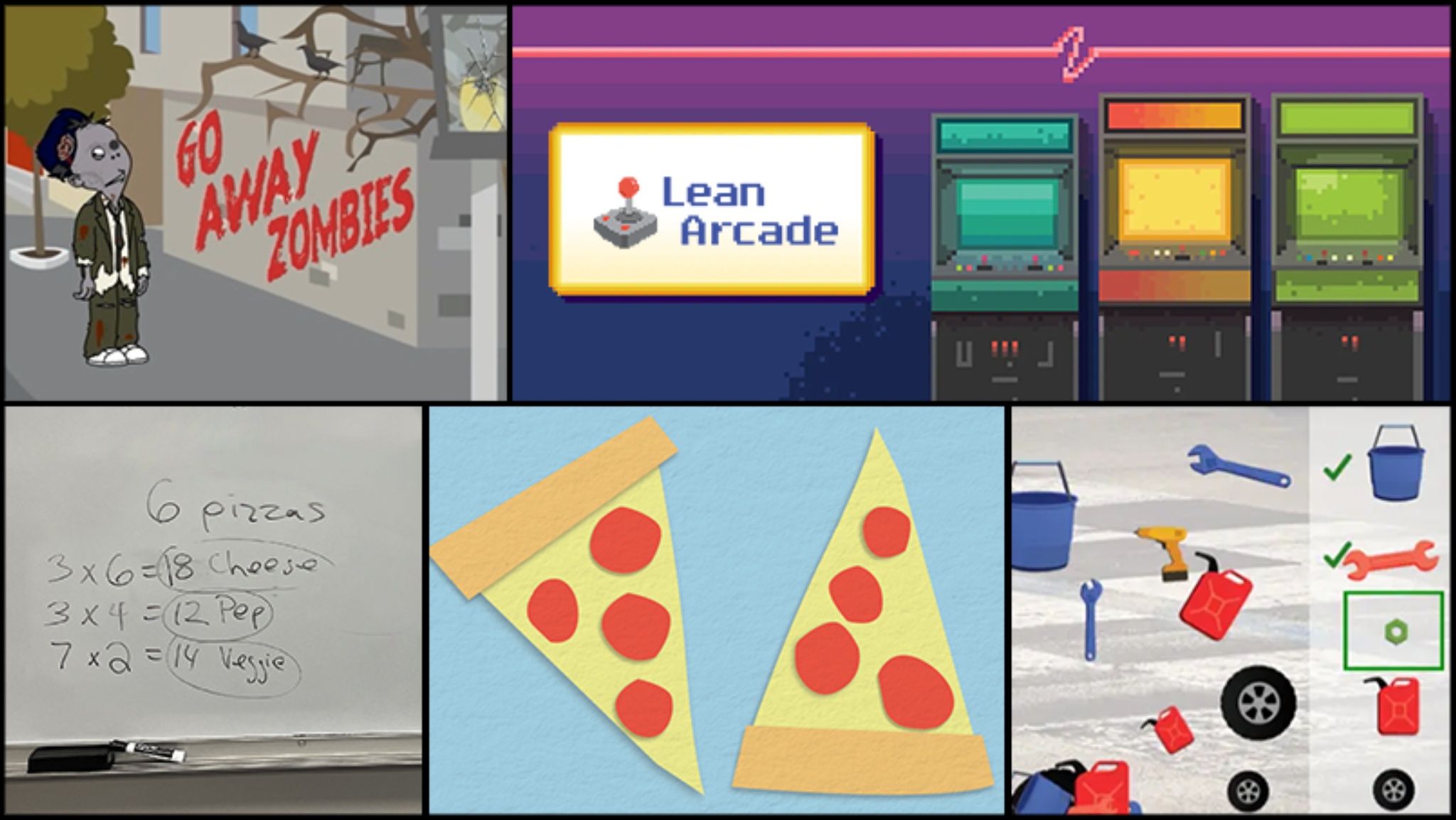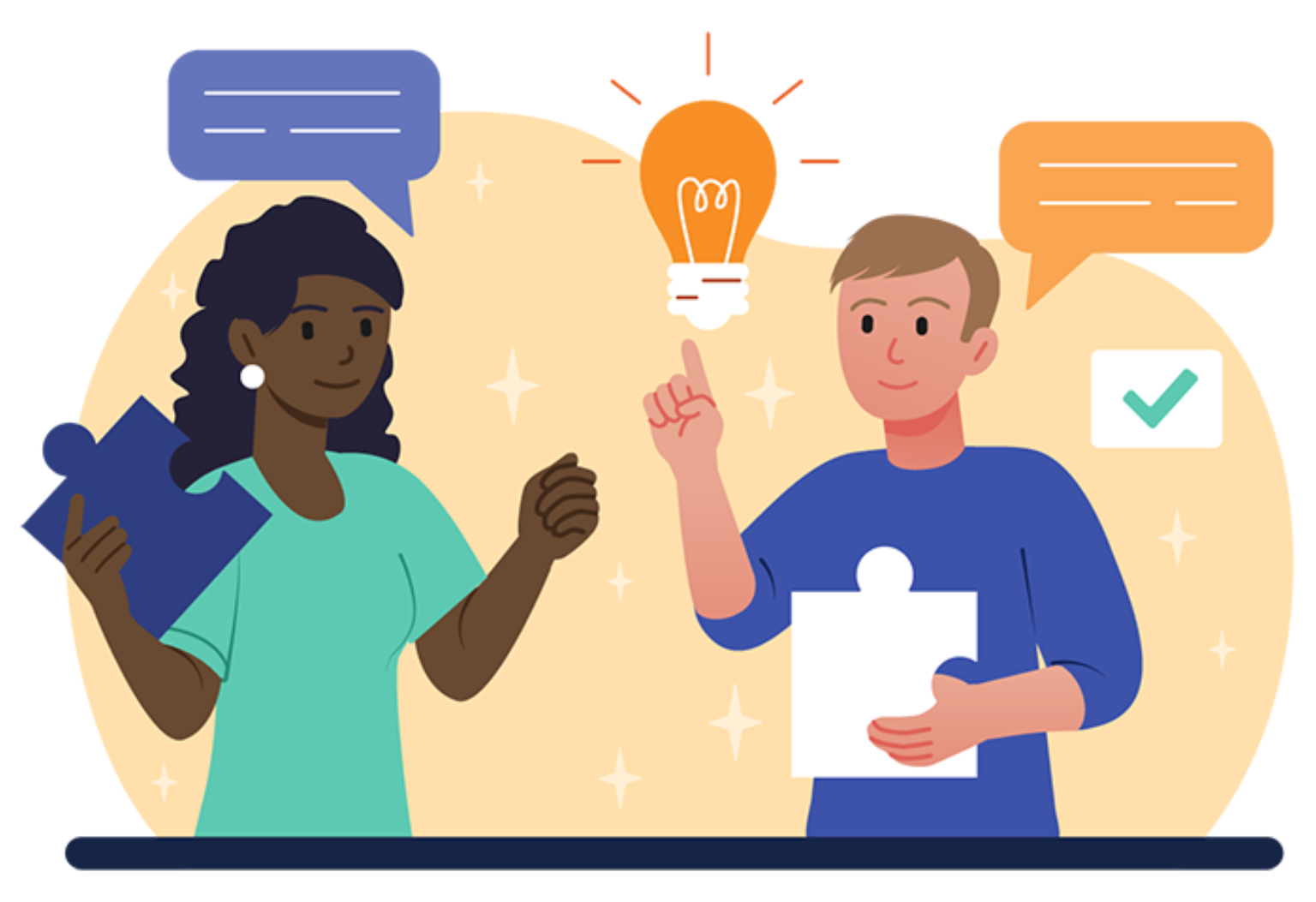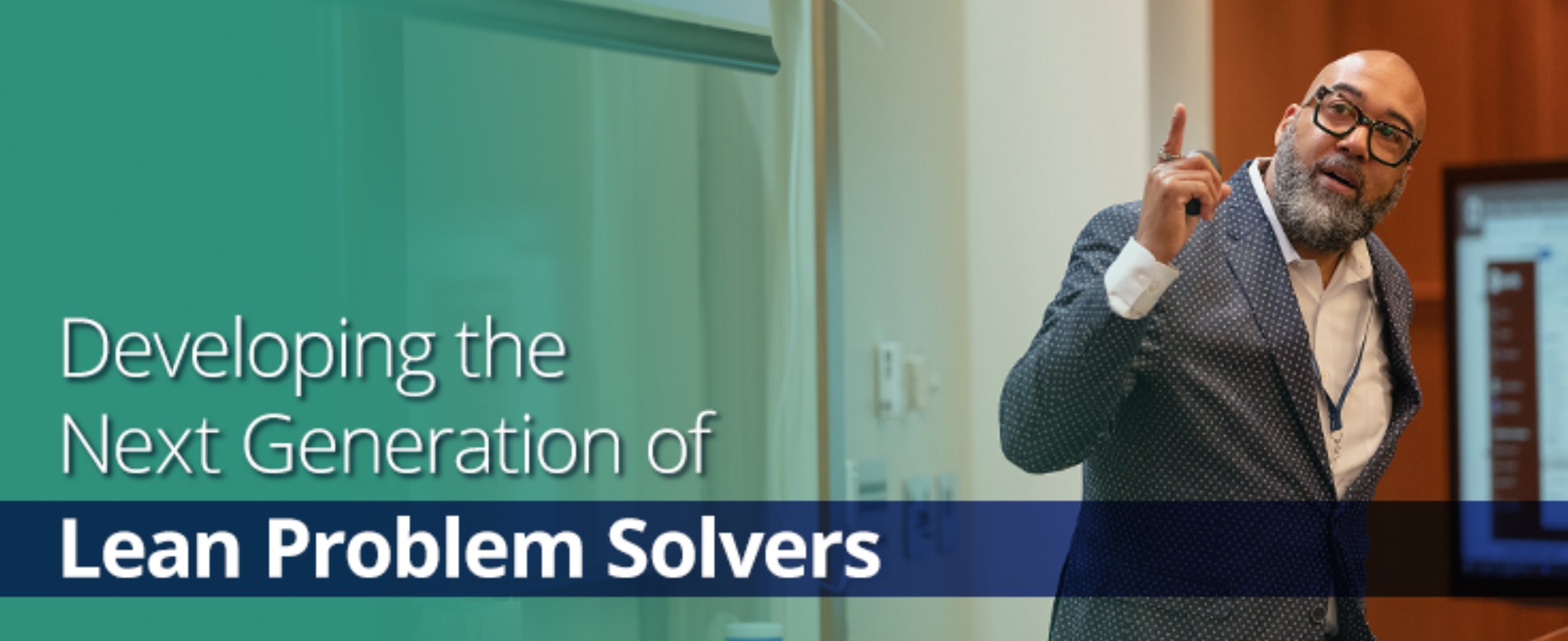
Lean Thinking: The Most Important Leadership Skill that Your Kids Don't Know
April 13, 2023Alan Goodman dedicates his Lean career to teaching younger generations about the importance of continuous improvement. Initially designing classes and programs targeted toward college-aged students, Goodman is now introducing basic Lean concepts to an even younger crowd; middle and high schoolers.
Problem-solving starts early.
We need to roll out Lean learning early and often to develop the next generation of Lean leaders.
Learn by doing.
This interactive summer camp inspired students to see the effects of implementing improvements through experiments, games, and simulations. This format is very similar to how we teach adults these concepts at an organizational level.
Perfect your problem-solving skills.
Performing a job is only one aspect of your career. Real value happens by effectively problem-solving. Programs such as this provide youth with coveted skills to confidently pursue their careers.
Fostering the Pipeline of Lean Leaders
Enabling the curiosity and hunger for Lean thinking starts with a simple yet nuanced question: How do we get kids to know what Lean is?
When posing the question, "what do you want to be when you grow up?" Most kids know about the career paths of doctors, astronauts, teachers, and firefighters. But they usually aren't aware of what a Quality Engineer is, let alone what they do.
So, before designing a course of action that kept kids engaged and interested in the practice, Goodman had to start with the basics: outlining what it even means to apply Lean principles to your everyday life.
So how did Goodman introduce seemingly complex concepts to the next generation while keeping them engaged and interested? By pioneering a Lean summer camp, of course.
Introduction to Lean: How to do Everything Better
Step One: Target Youth
Problem-solving skills in children develop around preschool, usually around ages two or three. It plays a vital role in a child's cognitive development and encourages creativity because it allows kids to view situations from different perspectives. Toddlers actively practice their problem-solving by learning basic math and social skills, motor skills, and interactive games.
Yet, once kids reach middle school, the emphasis on problem-solving in the school system lessens, and the focus shifts to meeting state requirements in subjects like Language Arts and Math.
Alan wanted to keep the spark of creative problem-solving among teenagers alive by hosting a summer camp that teaches Lean concepts in the way we learned to problem-solve in preschool; through games, social interaction, and simple projects.
Step Two: Create a One-of-a-Kind Camp
So, the idea was born, and Alan went to work. But, he wasn't aware of how much work he had cut out for him. Goodman was confident that a camp like this already existed and would help him model his own.
His preliminary research proved otherwise, as he shockingly discovered that googling "Lean Summer Camp" didn't result in a plethora of curriculum ideas. Which meant he was starting from scratch.
Step Three: Partner with MoreSteam
To put a whole camp together, Goodman needed a little assistance.
He was able to create a youth-friendly Lean curriculum through a partnership with STEM and MoreSteam. Using MoreSteam's simulations (like Sherlock Holmes Zombie Hunter) and games (like the Lean Arcade), students learned Lean concepts through fun and engaging activities.
Learn by Doing…And Making Pizza
After tons of planning, researching, and re-planning, MATC held its first-ever week-long Lean Summer camp for teens. The camp was held virtually for the first four days and in person for the final day at the MATC Oak Creek location. Fifteen high school students from Milwaukee, Illinois, and even the Philippines registered for and attended the camp.
Each day covered a different Lean topic. Examples include change management, root cause analysis, 5s, Kanban, and Little's Law.
Every class began with an icebreaker related to sports, school, or pop culture, and each one linked back to Lean principles to help the kids connect them to their everyday lives. Then, they had a short quiz covering the topics learned from the previous day.
The majority of the afternoons were dedicated to an activity that helped solidify the lean concepts taught that day.
One activity was a 'Kanban Pizza Game' to help the students effectively manage a workflow. Students worked together to determine the best way to produce as many slices of pizza as possible within a specific time period. Between each round, they were encouraged to communicate and make adjustments to improve workflow. They had to track the unfinished pizzas (WIP), inventory, and finished pizzas and were penalized for any remaining inventory and WIP.
In the first round, the students completed one slice of pizza. Over the course of four rounds of this repetitive, continuous improvement exercise, the students were able to produce 21 slices of pizza!
Emphasizing the Importance of a Value-Added Skill
"When I talk to companies, what they want most are employees who can think critically and solve problems," Goodman says. "Being able to come in and do the job you're asked to do is great, but if you're able to see the big picture and be a problem-solver, that's how you really add value."
This camp inspires students to see the effects of implementing improvements through an extremely effective learning medium — hands-on experiments, games, and simulations. This method is used as part of MoreSteam's blended learning model and is an instrumental part of how Lean thinking is taught at an organizational level.
Performing a job is only one aspect of a career. And while educating young generations on different career paths they can pursue is essential, it's equally important to teach the soft skills of problem-solving and critical thinking. Anyone can learn how to perform a job when given the right tools. But having a creative mindset that's constantly searching for ways to improve an organization, isn't something covered in orientation.
"These need to be viewed as leadership skills," Alan says. "If you're looking for a path to leadership — if you want to move up in your company — you must be able to think critically and offer solutions. That's what students are getting from this program."
If you are interested in receiving more information or signing your child up for next summer's program, kickoff for next year's camp starts in June!
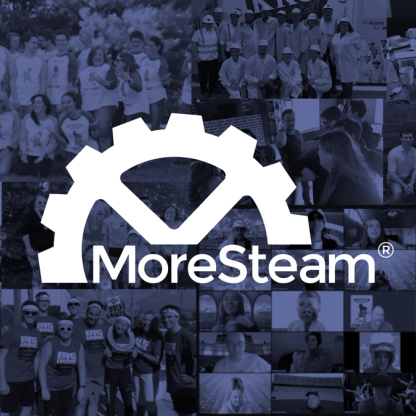
MoreSteam's Enterprise Process Improvement platform includes the tools, training, and software you need to transform your organization, large or small, into a problem-solving powerhouse. Our products are trusted by over half of the Fortune 500 and by other organizations and universities worldwide. When you partner with MoreSteam you gain a team dedicated to helping you succeed.
